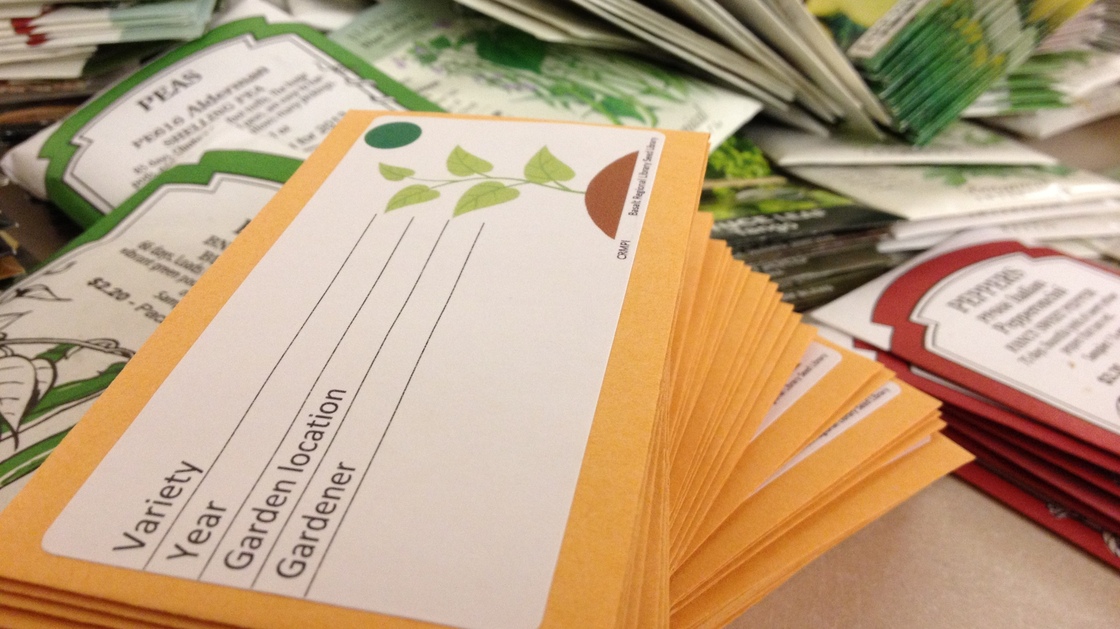The Basalt Public Library in western Colorado has recently started lending seeds out to members. The members “borrow” the seeds with their library card, grow the plants, and harvest the best fruits’ seeds to give back to the library. The library gets better seeds back, while the members get to enjoy most of the harvest and learn more about the embodied art of gardening in the process.
Saving seeds itself is not a new idea–it is an ancient practice that goes back to the invention of agriculture. But combining a seed bank with the modern library is a novel answer to the threat of digital irrelevance, and one that can help preserve the thousands of endangered heirloom varieties that we have cultivated over civilization’s history.
As books and other media start to make the cloud their permanent home, libraries inevitably face the question of how to stay relevant in the future. Part of the answer will probably always be free access to information resources, but the trend seems to suggest that this will become far less pertinent with the proliferation of ebooks, online classes, book-scanning projects, and general free digitalized information.
It is easy to forget that libraries are some ways, very radical institutions. It’s true, you have to be quiet, but the idea that everyone should have access to as much information as possible is a beautiful and powerful concept. When one considers that seeds and the DNA they contain are one of the original information storage devices, it’s almost hard to understand why libraries haven’t always included seeds.
